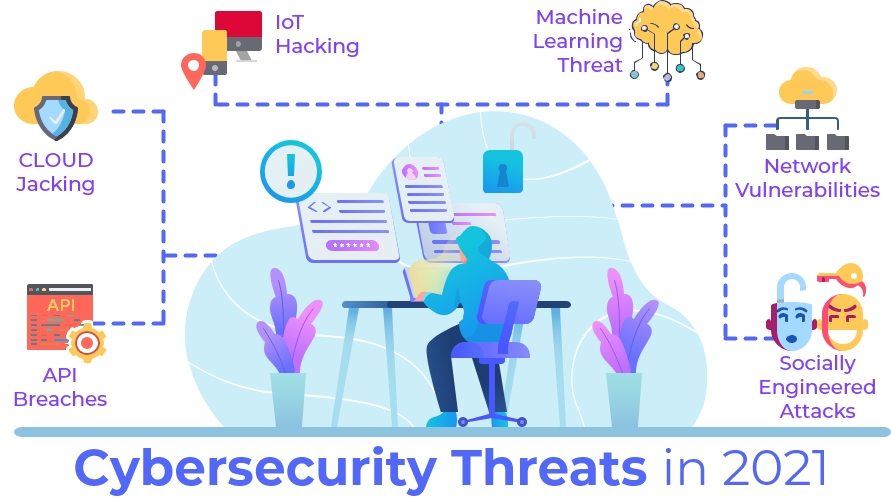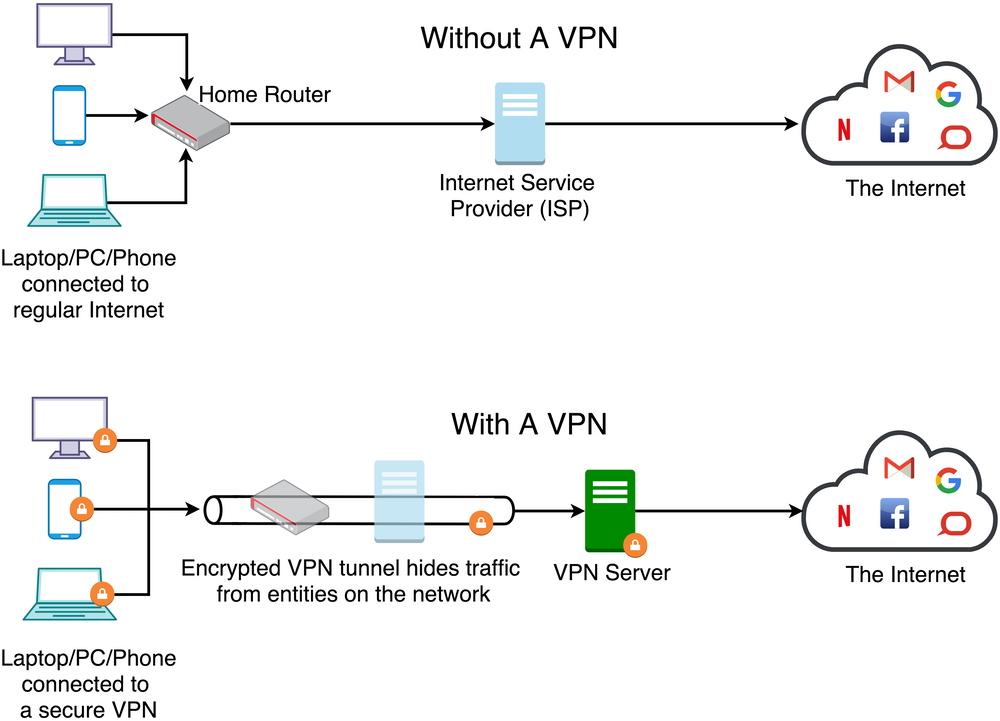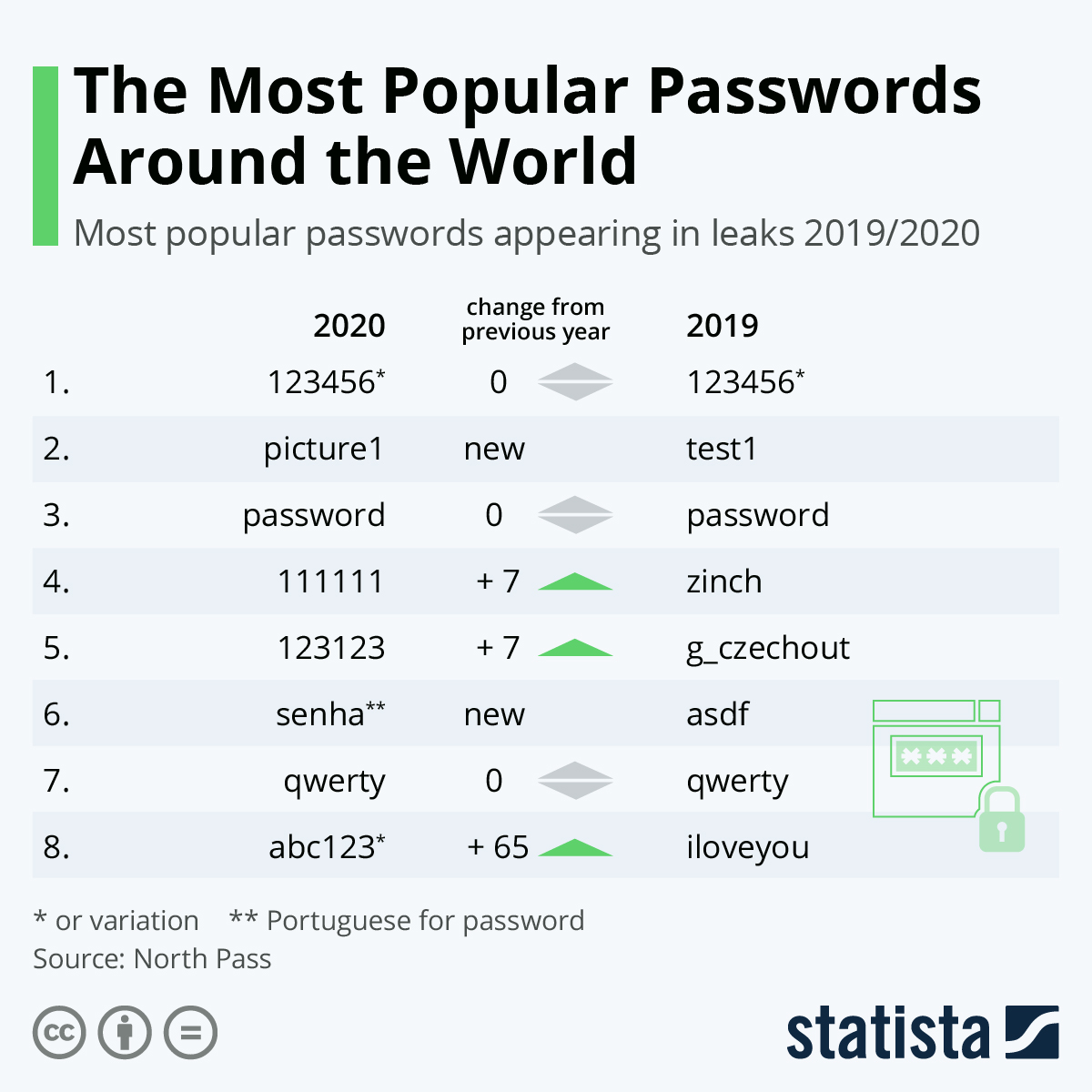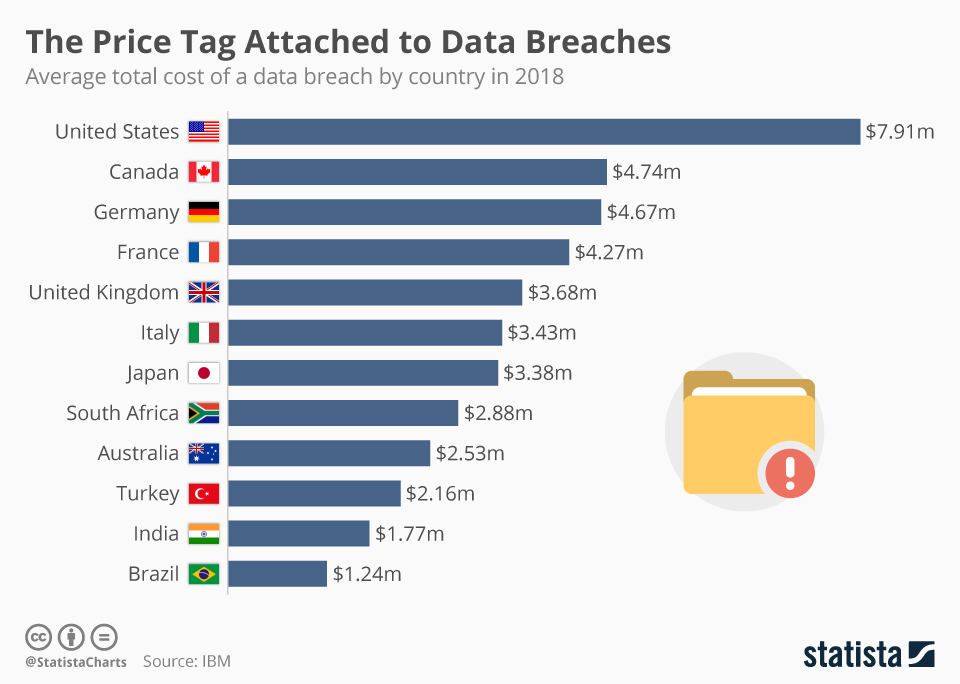You may be starting a new business and working remotely or recently moved to remote working, thanks to the Covid-19 pandemic. Either way, you've likely encountered some of the risks and challenges that come with running a remote business. Keeping your remote business secure is not always an easy task. There will be times when you just need a little extra help, whether that's from a specialist or just from making sure that your company can step up its security game.

(Image Source: NSKT Global)
First things first: Security is not a one-size-fits-all concept. Instead, your particular situation will dictate how to find the right balance of security. For example, if you're protecting the life of an individual who is in imminent danger, you may need to concentrate on physical protection rather than virtual security. Similarly, if you are running a bank or online business, you will likely want to stay focused on digital security.
It can be hard to know whether or not your remote business is secure. There are many different kinds of security issues that come with working remotely, and it's possible for you to be protected against one type of issue but open to another. Keep in mind that many remote businesses take precautions against the two most significant issues (i.e., financial security and physical security). You should be looking at all of your remote business security, not just one.
This article is aimed at helping businesses or individuals who are looking to protect their remote companies. It covers some widely-known issues with remote security but also offers some unique solutions to help make your remote business more secure. Even though you're using the same physical equipment, physical security is not an exact science. So how can you be sure that what you are doing is secure?
1. Cloud Security
The cloud offers a considerable amount of benefits for remote businesses, including the ability to work wherever you are and access all the information you need without worrying about loading times. It's essential to make sure that your company sticks with a service provider that has a good reputation in the industry.
These days it's hard to avoid cloud-based services when working remotely. It's important to work out how these can be kept secure so that you can keep your data safe from hackers and any other security risks. The best course of action is finding a platform that offers the highest quality in terms of security and provides easy management tools for you to play around with. Many companies will also provide 24/7 support if required, which is a vital consideration in the modern world. Using a VPN is also a good idea, whether that's through the cloud or through dedicated standalone services.

(Image Source: The Conversation)
This is something that many companies overlook when it comes to data security. If you're looking to keep things secure, then there's no reason why you shouldn't be using a VPN, especially if you want to enjoy the peace of mind that it will bring to your business. VPNs are incredibly secure, but they also work well for remote businesses, particularly those using cloud storage.
2. Remote access
It's easy to say you need strong security, but it's also easy to spend money on software and monitoring tools without truly knowing what you're spending money on or how much impact it is really having on your business. We live in a very connected world - everyone wants to access - even if it's not through a traditional computer system. So, make sure you're using proper remote access security tools to ensure all of your employees are using strong passwords and appropriate protocols.

(Image Source: Statista)
The most common way for cybercriminals to breach accounts is by using simple and easy passwords for them to guess or crack. While this is something that many people put their foot down on, it's actually incredibly important for remote business productivity. If you're using the same password for everything, then it will be easy for hackers to breach your accounts once they've gotten their hands on it. So instead, you should be using a different password for every account and also making sure that they're difficult for outsiders to guess or crack.
The worst of the worst are people who choose their passwords based on simple things that are easy to remember. It's important to have something remotely secure instead of using something that someone could easily guess. The best thing about remote businesses is that you have plenty of room for creativity when it comes to your password design, so there's no excuse for making it too simple.
3. Data security
The type of data you send back and forth between devices, even remotely, is essential. Due to the evolution of technology and people's ever-changing habits, what was once secure is now unsecure. For example, passwords used to be no more than eight characters long but today, they can not only reach 64 characters but also run across multiple lines. Also, the more devices you connect to the internet, the easier it is for someone to gain access. Keep this in mind when choosing your VPN. For example, many of them now offer data encryption which can make your data private even if it's on another device.

(Image Source: Statista)
It would help if you also learned how to encrypt your files properly. If you want to avoid problems with data breaches, you need to encrypt all of your most essential data, predominantly if it consists of any customer details. For example, it's essential that all the emails are encrypted before being sent- otherwise, they could still be prone to hackers or other security issues. You can also protect yourself further by permanently storing encryption keys in a safe location so only you can access them.









0 Comments